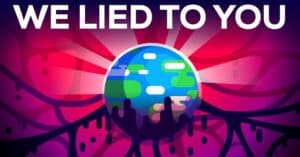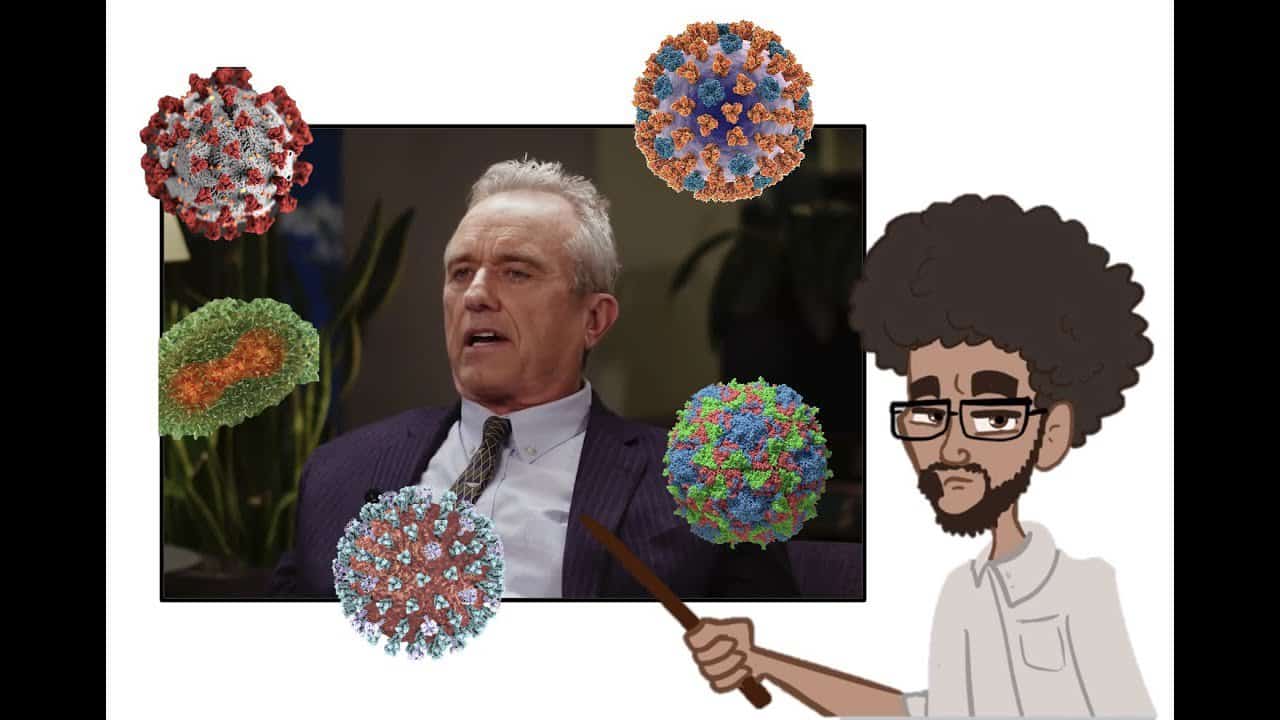infinite hearsay
ˈinfənət ˈhirˌsā
Overwhelming unsubstantiated information which threatens the production and communication of true knowledge.
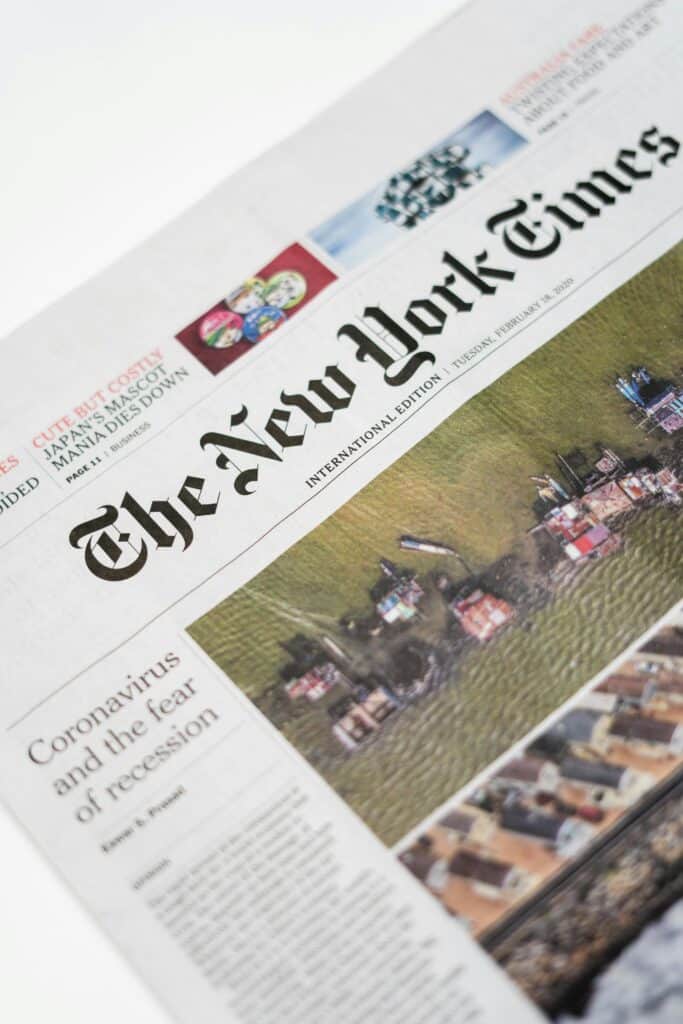
What The Problem of Induction Can Teach Us About Trust
If we look closely, The Primary Problem in Modern Epistemology closely resembles the famous problem of induction. The problem of induction, first formulated by David Hume in 1739, states that we cannot reasonably infer that the future will resemble the past. That is to say that no matter how many times we see a pattern repeat over time, we cannot say for sure that it will happen again. The sun may not come up tomorrow. The problem of induction threw the foundations of the philosophy of science into a crisis for over two centuries. If witnessing (seeming) cause/effect relationships doesn’t …
KEEP READING
A Breakdown of Robert F. Kennedy, Jr.’s Self-Stated Stance on Climate Change
Robert F. Kennedy, Jr. (RFK) is a climate change denialist, and after saying so online, I’ve had a few conversations over the past few days about RFK and his stated policies on climate change. I know I have a few insta-friends who are supporters, so I want to break it down line by line and confront some of the common retorts (which are so similar and so fast that they seem scripted). Others could use it to approach and flip RFK supporters who care about climate change. There are a lot of these people. Please help flip them. My claim …
KEEP READINGABOUT
In a world where we rely on others’ knowledge and expertise for almost everything, knowing what we know is more complicated than ever.
I aim to highlight the problems facing modern information and knowledge and offer thoughts and resources regarding how to build confidence in our personal and communal understanding of the world.
Articles About Disinformation

Moral Outrage Porn
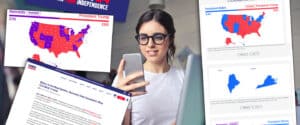
RFK Jr.’s Big, Ugly Polling Deception
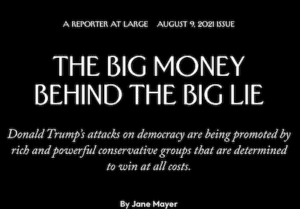
The Big Money Behind the Big Lie
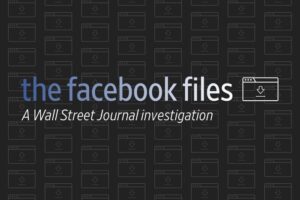
The Facebook Files
Books About Disinformation
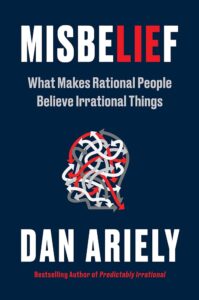
Misbelief
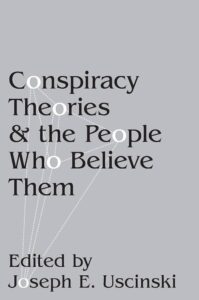
Conspiracy Theories and the People Who Believe Them
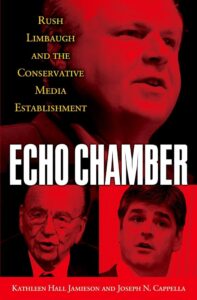
Echo Chamber
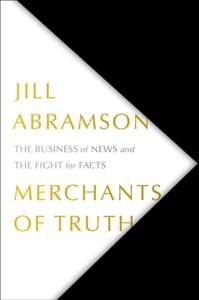
Merchants of Truth
Videos About Disinformation
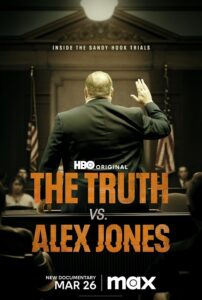
The Truth vs. Alex Jones

Love Has Won (Documentary)
Best Disinformation Quotes
Lee McIntyre in The Scientific Attitude
Many scientists have found it incredible in recent years that their conclusions about empirical topics are being questioned by those who feel free to disagree with them based on nothing more than gut instinct and ideology. This is irrational and dangerous. Denialism about evolution, climate change, and vaccines has been stirred up in recent years by those who have an economic, religious, or political interest in contradicting certain scientific findings. Rather than merely wishing that particular scientific results weren’t true, these groups have resorted to a public relations campaign that has made great strides in undermining the public’s understanding of and respect for science. In part, this strategy has consisted of attempts to “challenge the science” by funding and promoting questionable research – which is almost never subject to peer review – in order to flood news outlets with the appearance of scientific controversy where there is none. The result … Read more
David Michael in Triumph of Doubt
Thanks to litigation, literally millions of pages of internal tobacco industry documents have given us a new understanding of how tobacco and the Koch family (through Citizens for a Sound Economy and other vehicles) have bankrolled and directed a powerful anti-regulatory campaign in the name of increased freedom and getting the government “off our backs”. (Not coincidentally, this litigation also found the tobacco industry guilty of violating federal racketeering laws.) Through these documents, we learned that the Tea Party did not spontaneously spring up in opposition to the Affordable Care Act (aka Obamacare) in 2009. Philip Morris first developed the Boston Tea Party analogy for its grass roots operations in 1989 and continued to promote it through the 1990s. In 2002, Citizens for a Sound Economy started the U.S. Tea Party, registering the website [usteaparty dot com]. The organization was able to suddenly appear on the scene to oppose President … Read more
Carl Sagan – The Demon Haunted World (1995)
I have a foreboding of an America in my children’s or grandchildren’s time—when the United States is a service and information economy; when nearly all the key manufacturing industries have slipped away to other countries; when awesome technological powers are in the hands of a very few, and no one representing the public interest can even grasp the issues; when the people have lost the ability to set their own agendas or knowledgeably question those in authority; when, clutching our crystals and nervously consulting our horoscopes, our critical faculties in decline, unable to distinguish between what feels good and what’s true, we slide, almost without noticing, back into superstition and darkness.
Barbara Fister in The Librarian War Against QAnon
Those who spend their time in the library of the unreal have an abundance of something that is scarce in college classrooms: information agency. One of the powers they feel elites have tried to withhold from them is the ability to define what constitutes knowledge. They don’t simply distrust what the experts say; they distrust the social systems that create expertise. They take pleasure in claiming expertise for themselves, on their own terms. https://www.theatlantic.com/education/archive/2021/02/how-librarians-can-fight-qanon/618047
What The Problem of Induction Can Teach Us About Trust
If we look closely, The Primary Problem in Modern Epistemology closely resembles the famous problem of induction. The problem of induction, first formulated by David Hume in 1739, states that we cannot reasonably infer that the future will resemble the past. That is to say that no matter how many times we see a pattern repeat over time, we cannot say for sure that it will happen again. The sun may not come up tomorrow. The problem of induction threw the foundations of the philosophy of science into a crisis for over two centuries. If witnessing (seeming) cause/effect relationships doesn’t warrant a definitive conclusion, what is it good for? Of course, science went on evolving and producing value for those who practiced it, but its rational foundation was in disarray. (This is a crude interpretation and lacks nuance, but it’s sufficient for my purposes here.) The problem of induction is …
KEEP READINGA Breakdown of Robert F. Kennedy, Jr.’s Self-Stated Stance on Climate Change
Robert F. Kennedy, Jr. (RFK) is a climate change denialist, and after saying so online, I’ve had a few conversations over the past few days about RFK and his stated policies on climate change. I know I have a few insta-friends who are supporters, so I want to break it down line by line and confront some of the common retorts (which are so similar and so fast that they seem scripted). Others could use it to approach and flip RFK supporters who care about climate change. There are a lot of these people. Please help flip them. My claim that has caused these responses: RFK doesn’t include “climate change” or “global warming” in his campaign website or documented policies, and that should be a significant problem for anyone who understands that climate change is human-caused and a serious threat to our wellbeing. A couple of notes before I dive …
KEEP READINGRegarding Gatekeepers and Our Learned Inability to Judge Trustworthiness
Many of those who grew up only consuming media filtered through journalistic gatekeepers never learned how to determine what sources are trustworthy. Instead, they want to intuit it. “Use their gut”, etc., and this method was sufficient when the majority of the media ecosystem was protected by gatekeepers who effectively maintained its epistemic health. Then along comes the internet, social media, and their inherent lack of gatekeepers, and everything changed. Consumers’ abilities and education are often overlooked when we discuss the qualities or ethics behind a gatekeeper-less media ecosystem. Underdeveloped trust systems may be a temporary side effect but one with potentially drastic consequences. It is like discussing whether sheep are better off wild or domesticated when we have just dropped them off on the doorstep of the wolf’s den. These poor folks – those who base their trust on intuition social queues rather than track record – are so …
KEEP READING